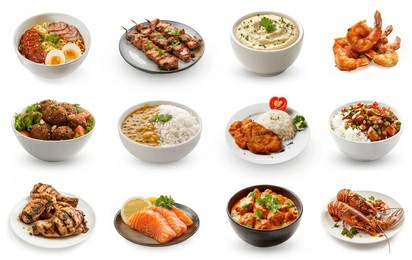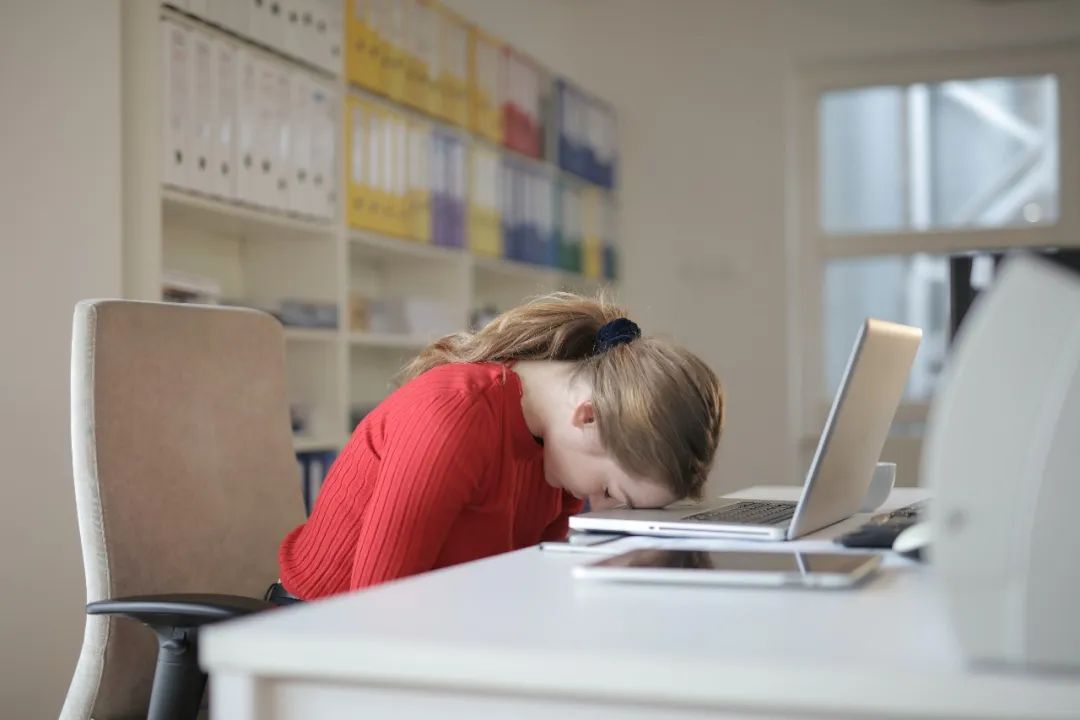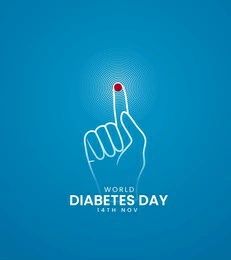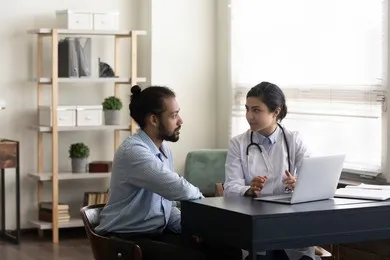Feeling sleepy after a full meal has become a common phenomenon, especially after lunch. After finally getting a break and feeling drowsy, you might as well take a nap, only to wake up and realize it’s already time for dinner...
Regarding why we feel sleepy after eating, the most common explanation is that after a meal, blood flows to the stomach to aid digestion, reducing blood supply to the brain, which makes us drowsy. This seems plausible, but the real culprits that make us feel sleepy after a meal are actually three hormones in our bodies!

01 The Three Hormones at Play
Cholecystokinin
A study from Stanford University found that the secretion of cholecystokinin in the body significantly increases within two hours after eating and decreases after that. Generally, the higher the cholecystokinin levels, the sleepier you feel. Additionally, higher fat content in meals leads to even higher levels of this hormone, resulting in increased drowsiness.
Orexin
Orexin has the opposite effect of cholecystokinin; the more orexin you have, the more alert you feel. However, after eating, rising blood sugar levels suppress orexin secretion. As orexin levels decrease, drowsiness and lethargy increase. This effect is especially pronounced when consuming easily digestible starchy foods, as blood sugar levels rise more quickly.
Insulin
When blood sugar levels rise, insulin is secreted to help control it. Insulin promotes protein synthesis, increasing the levels of tryptophan in the body, which then forms serotonin in the brain, further leading to the production of melatonin, resulting in sleepiness. Additionally, insulin facilitates the movement of potassium ions from the bloodstream into cells, and mild hypokalemia can also cause fatigue and drowsiness.

02 How to Avoid Sleepiness After Eating
Control Portion Sizes
Aim to eat until you're about 70% full. This means you shouldn't feel overly stuffed or bloated, but you also shouldn't have an intense urge to keep eating. If you slow down your eating pace, you’ll likely reach this level of fullness. Besides controlling portion sizes, eating smaller meals more frequently or snacking on healthy items like nuts or milk between meals is a good strategy.
Reduce Carbohydrate Intake
Excessive carbohydrates can cause rapid spikes in blood sugar, leading to drowsiness. Foods like buns, noodles, white rice, pancakes, mashed potatoes, lychees, sugar, cakes, and snacks typically have a high glycemic index. Opt for whole grains, legumes, and starchy vegetables instead of refined, soft foods, aiming for whole grains to make up about one-third of your total carbohydrate intake.
Increase Fiber Intake
Include high-fiber foods like spinach, romaine lettuce, and other leafy greens instead of starchy "fake" vegetables. Dietary fiber cannot be digested and doesn’t cause fluctuations in blood sugar levels, promoting a strong feeling of fullness. Eating more fiber-rich foods can help control weight and prevent drowsiness.
Take a Short Nap
If you feel really sleepy, take a 15-minute nap after lunch. This can effectively relieve drowsiness, reduce stress hormone levels, and boost afternoon productivity. A Greek study found that people who napped three times a week for less than 30 minutes had a 37% lower risk of heart disease! However, napping right after a large meal may cause acid reflux, so it’s best to wait 10-20 minutes before sleeping. If possible, find a place to lie down, or at least lean back in a chair. Avoid sleeping face down, as it can impede blood circulation and increase spinal pressure, leading to discomfort.
Stay Hydrated
A study in Frontiers in Human Neuroscience found that drinking water can speed up brain function by 14%, helping maintain mental sharpness and reducing drowsiness. The brain is a hub of electrical and chemical activity, and staying hydrated promotes better flow of these elements. Dehydration can hinder focus, so develop a good water-drinking habit to combat fatigue and drowsiness.
03 Be Aware of These Signs
Finally, frequent drowsiness after eating can indicate issues beyond hormone fluctuations, such as liver disease or diabetes.
Liver Disease
Problems with the liver may lead to fatigue as well as symptoms like darkened skin, a sallow complexion, rough skin, and bluish lips. It may also cause spider veins and palmar erythema, with some patients experiencing splenomegaly.
Diabetes
Excessive sleepiness is a common symptom of diabetes, often accompanied by feelings of hunger shortly after eating, significant weight loss despite increased food intake, vision impairment, slow-healing wounds, foot numbness or pain, and increased nighttime urination.

If you experience any of these symptoms, it’s essential to seek medical evaluation to determine if they are related to an underlying health condition. Don’t let complacency delay treatment for any potential illness.
(Images from the internet)





